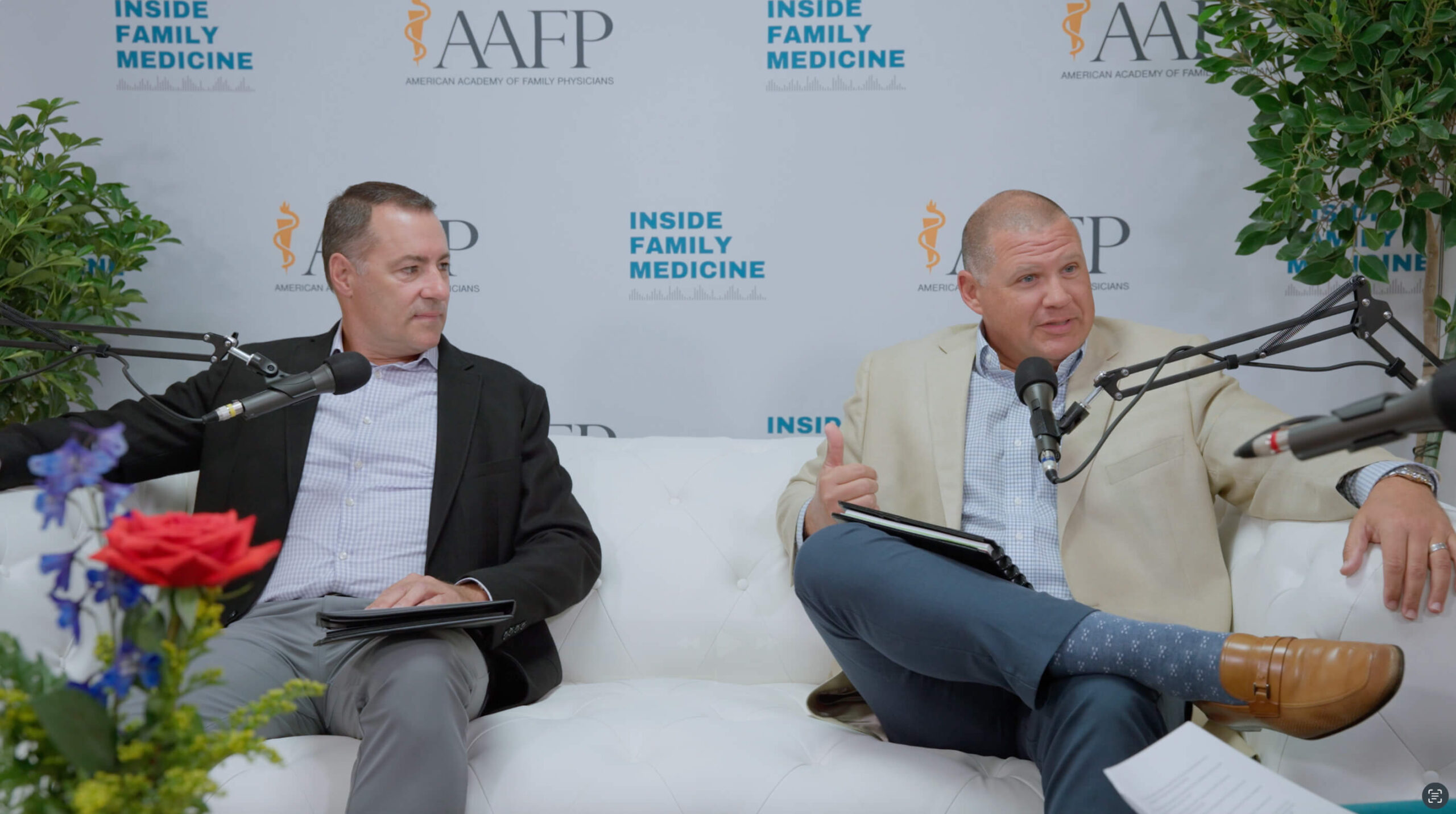It’s an important question because if you overdo it, you’re paying for something you do not need. If you skimp on your protection, however, you risk financial troubles should you become disabled. Like Goldilocks, you want to get it “just right.” To do so, ask yourself these questions.
1. How much of your income do you need to be able to replace?
Typically, disability insurance will replace 50 to 70 percent of your income.[i] Consider if you should be on the lower or upper end of that scale.
Because everyone’s financial situation is different, you have to determine how much money you require to live comfortably. When evaluating this issue, think about today and tomorrow. How might your expenses change in the future? For example, if you want to support your children’s dreams to go to college, there’s a substantial price tag to consider. Or it is possible that you envision living larger as time goes by. Whatever picture you see on the road ahead, be realistic when you estimate your needs. Your future depends on it.
When you do your calculations, make sure you know whether the income you would receive from your disability insurance would be taxable or not. Because you would pay for it with after-tax dollars, income from an individual disability insurance policy would not be taxable. If, however, your employer pays for your insurance and does not include the benefit in your income, you would have to pay taxes on the benefits. There are other tax scenarios, so make sure you explore them before making your decision on the amount of income you need.[i] Insurance Information Institute, How can I insure against loss of income?
2. Do you have a financial cushion if you are unable to work?
Then there’s the other side of the equation. How much money will you have access to even if you’re unable to work?
For example, if you live in a two-income household and your spouse’s income can cover most of your expenses, you may not require as much disability insurance. However, make sure your spouse has disability insurance, too. You may also have other sources of income, such as dividends from stocks or rents from leased properties that could help get you through tough times.
Even if you do not have additional cash inflows beyond your physician’s income, you might be able to sell some investments, for instance, stocks and bonds. When considering this alternative, think through tax consequences. Due to tax penalties that accompany early withdrawals of 401Ks or IRA accounts, you may not want to rely on them for rainy-day funds.
The bottom line is, the more of a cushion you have, the lower the amount of disability insurance you need.
3. How long can you live without the funds from disability insurance?
Having answered questions one and two, this one should be relatively easy. If you can delay receiving benefits after becoming temporarily or permanently disabled, you can save some money on your insurance. So if you have money in the bank or any of the other cash flows discussed that could keep you afloat for a few months, you can lower your premium by choosing an extended waiting period — the time from the beginning of the disability to when you start to receive funds from the policy.
4. How many years do you need disability insurance?
Another way to reduce your disability insurance costs is to opt for a shorter benefit period. While many policies pay until you are 65 or 67, coinciding with government retirement plans, you may not need coverage for your entire career.[i] If you insure yourself over a shorter period, your premium will be lower.
Also, think about how your financial risks may vary over time. For instance, once your children have graduated from college, your income needs may not be as high. On the income side, you might anticipate the sale of a vacation home that could provide the funds you require should you become disabled. There may even come a time when you no longer need disability insurance.
5. How much can you afford to pay for insurance?
Of course, you have to consider how much disability insurance fits into your budget. That said, do not be too quick to say you cannot afford insurance because you are just starting your career and finances are tight. That is short-term thinking. When you think about the enormous impact of losing your income, perhaps it is worth paring down some discretionary spending, such as dining out, to shore up your financial security. Bear in mind that the earlier you start paying for disability insurance, the lower your premiums will be. If you put off buying it until you are in your fifties, you will pay the price.
It’s important to note, when you shop for insurance, you do not necessarily want to opt for the lowest cost option. Make side-by-side comparisons of the features of different policies and choose the one that meets your needs and fits your budget.
The amount of disability insurance you need depends on your income requirements today and tomorrow as well as other resources you have to cushion financial blows. The coverage you can afford depends on your budget, which ultimately may be decided by the trade-offs you make between today’s spending versus protecting your financial future. Weigh all these considerations before purchasing a policy.
[i] Insurance Information Institute, How can I insure against loss of income?
[ii] Magnify Money, The Complete Guide to Disability Insurance




